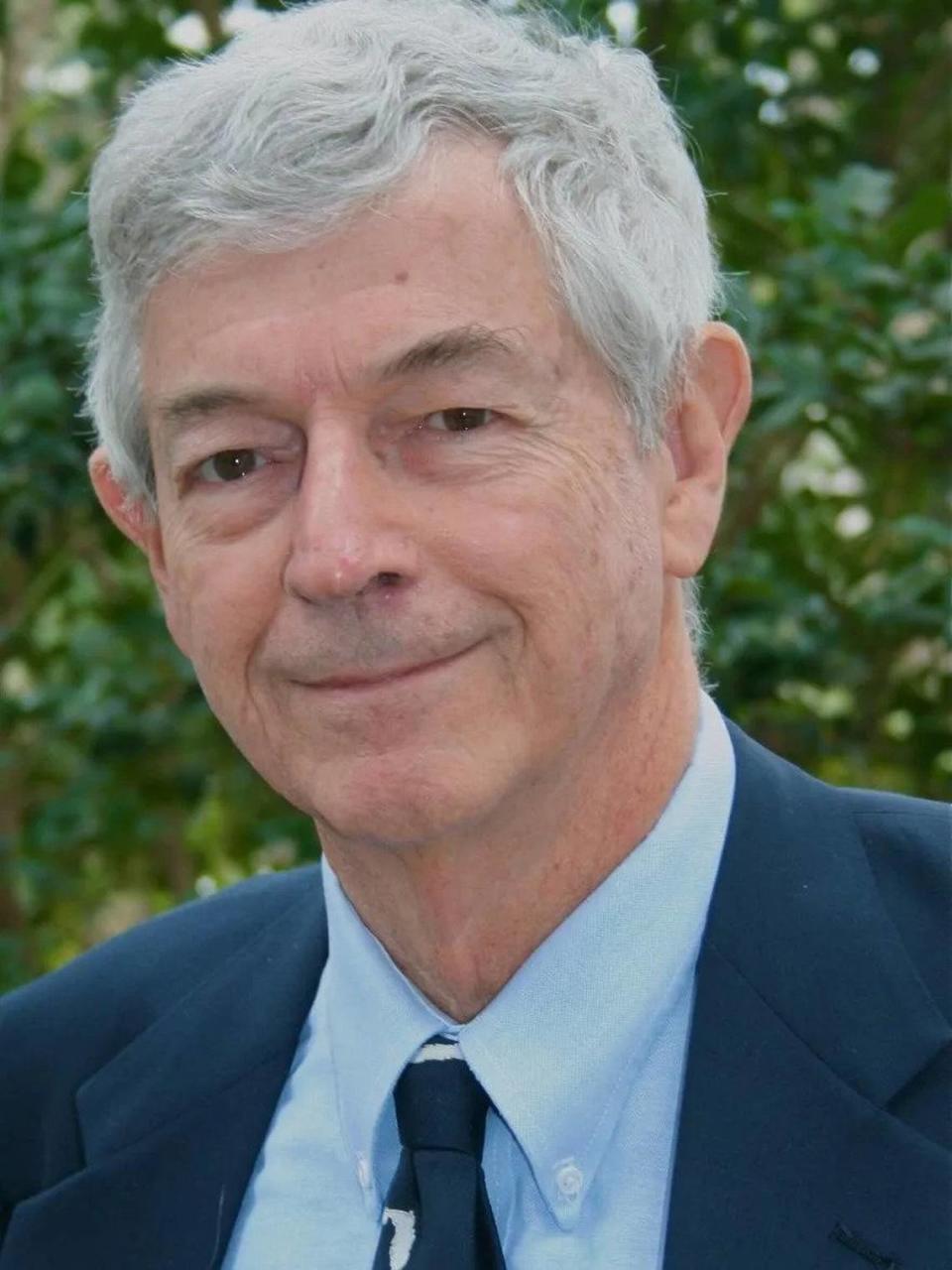Maybe there will finally be a real Republican debate, with ideas, not tirades | Opinion
On Nov. 8, Miami will briefly be the epicenter of American politics. That date — almost a year prior to Election Day on Nov. 5, 2024 — is the date for what we can hope will be the first GOP debate.
Yes, first. The two previous encounters weren’t debates; they were shouting matches, where there was no chance for viewers to evaluate candidates’ views on key issues.
I know about debating thanks to my three years in the NFL. No, not the National Football League where, thanks to two upsets on Sunday, the surviving members of the 1972 Miami Dolphins can once again celebrate their unique feat of a perfect season after this season’s last two unbeaten teams, the Eagles and 49ers, suffered their first losses.
I meant the National Forensic League. In 2014, the organization, founded in 1925, finally changed its name to the National Speech and Debate Association. The new name better reflects its mission of promoting debate, public speaking and mock legislatures in the nation’s schools.
Among the activities available to me as a student at Sarasota High School, the NFL was a good fit. It helped this nerdy bookworm and countless others overcome performance anxiety so we could share our ideas in front of an audience.
Moreover, the rhetorical skills acquired in statewide tournaments against then-powerhouse NFL schools such as Miami Edison and Tampa Jesuit later proved useful in my stints as a college professor, journalist and opinion columnist.
As I recall those days, one thing distinguished the high schoolers’ debates and mock legislatures from this year’s first two GOP encounters and the conduct of a right-wing faction in the U.S. House, which ousted Speaker Kevin McCarthy with no clear path to a successor: The students acted with more maturity.
So, is there any hope for an actual debate to occur at Miami’s Adrienne Arsht Center from 8-10 p.m. Wednesday, Nov. 8? Probably not, but a lot will depend on the format, the participants and the moderator.
The Republican National Committee’s criteria will determine who’s on the stage that night. Donald Trump, leading in the polls, has said he won’t participate and has urged the RNC to cancel the debate. Commendably, the RNC did not comply.
Although Trump won’t be there to answer questions, his absence will be a plus because, judging by his antics during the 2016 debates, Trump regards a debate as an opportunity to attach derisive nicknames to the other candidates.
This year, the RNC tightened the criteria for participating. Now the candidates must get at least 4% support in two nationwide polls and must have received financial support from at least 70,000 unique donors.
This might limit the participants to Ron DeSantis, Nikki Haley and Vivek Ramaswamy and Chris Christie have the poll numbers, but still need more donors. Tim Scott needs more of both.
Naturally, Asa Hutchinson and Doug Burgum, the candidates who came across as relatively more moderate, haven’t polled well among today’s GOP voters and won’t be there.
However, having those missing candidates replaced on stage by two potted palms wouldn’t matter much because both had trouble being heard over the out-of-turn rants by Ramaswamy. His praise of Trump seemed to be a transparent bid to become Trump’s 2024 running mate — and his spokesman, if Trump’s locked up.
A lot of the rest of the chances for a meaningful debate will depend on choices made by NBC News.
However, viewers could expect a wild shootout and yet another shouting match if the panelists posing the questions are borrowed from NBC’s sister network, MSNBC. It’s the relentlessly left-leaning antithesis of the Fox News Channel, which badly mishandled the first two GOP encounters. MSNBC’s pundits tend to view Republicans the way scientists view bacteria through a microscope.
Three changes could improve the chances for a real debate:
First, there ought to be a button on the moderator’s desk to mute the microphone of any candidate who speaks out of turn.
Second, get rid of the studio audience. Even when spectators are advised to refrain from cheering, hissing or booing, they tend to break the rules, an unwelcome distraction.
Finally, the moderator and panelists should skip the “gotcha” questions where they try to show off their skills as hard-hitting TV journalists. Instead, they should merely bring up topics, one at a time, and allow each candidate to have a say. Any candidate who’s criticized during another candidate’s response should be given a chance to respond, but not to interrupt.
There will be no shortage of worthy topics. By Nov. 8, the current crisis in the Middle East may have escalated. It already has added to the growing concern over the influx of migrants entering through our porous southern border.
Indeed, 160 illegal entrants on the Department of Homeland Security’s terror watch list have already been caught this year. Could an undetermined number of potential Hamas operatives been among others who entered surreptitiously?
As if all of this were not enough, recent chaos in the U.S. House increased the chances that the federal government will shut down on Nov. 17, despite multiple crises at home and abroad. What the candidates have to say about this dilemma may well be their most revealing answer of the night.



